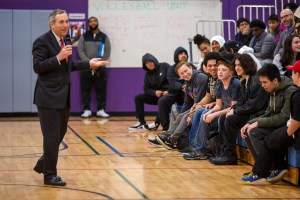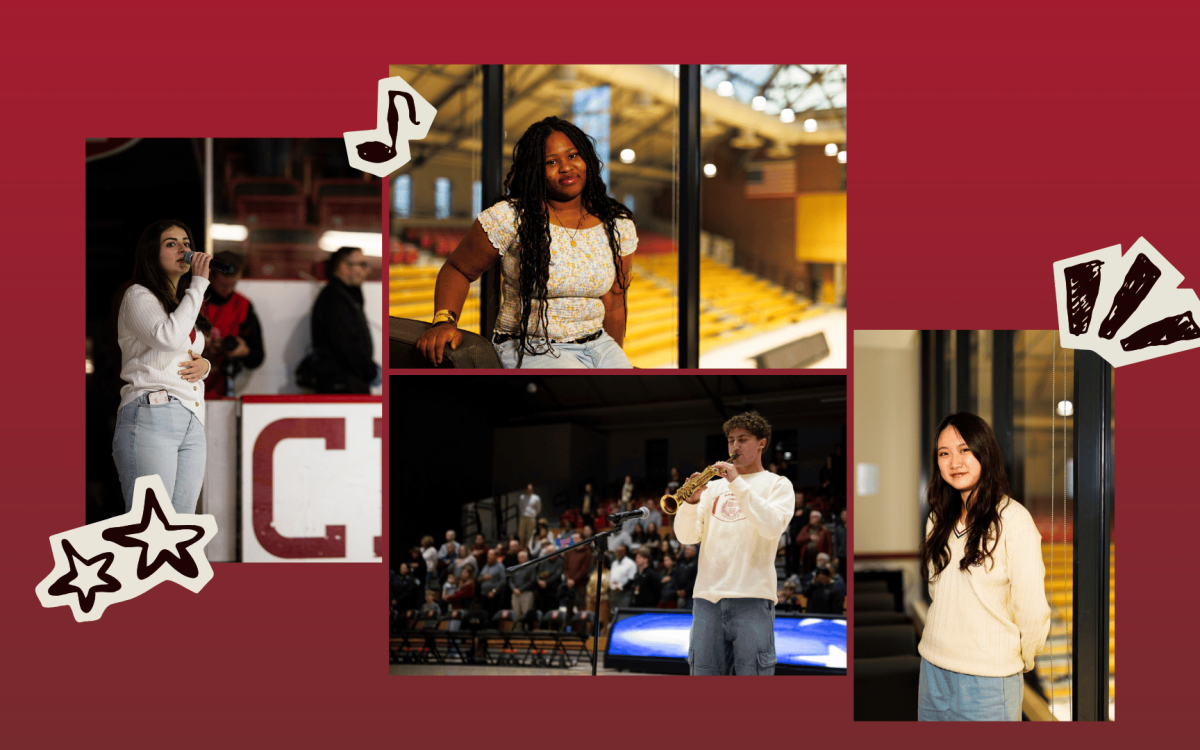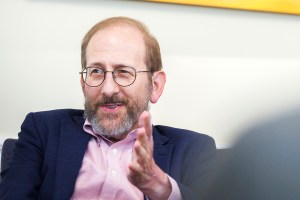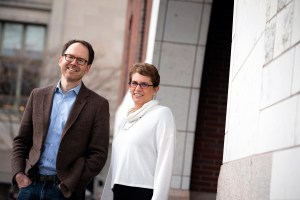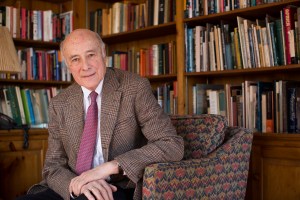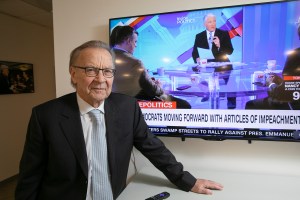All articles
-
Nation & World
Australian wildfires will claim victims even after they’re out
Long-term exposure to the smoke-filled air hanging over much of the country could lead to many premature deaths in Australia.
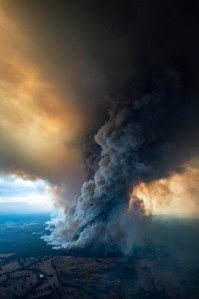
-
Science & Tech
Next generation of organ-on-chip has arrived
Multiple human organ chips that quantitatively predict drug pharmacokinetics may offer better, accelerated drug testing
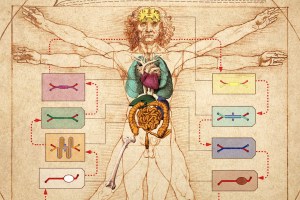
-
Nation & World
Nonviolence in mass uprisings
Harvard researchers develop interactive map that provides detail about mass uprisings around the world.
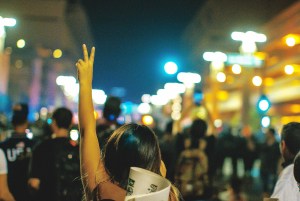
-
Nation & World
How America went astray
Nicholas Kristof and Sheryl WuDunn return to Kristof’s rural Oregon hometown to find the roots of white working-class anger
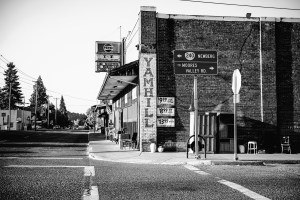
-
Campus & Community
Harvard Housing establishes new rents for 2020-21
Harvard University Housing (HUH) manages approximately 3,000 apartments, offering a broad choice of locations, unit types, amenities, and sizes to meet the individual budgets and housing needs of eligible Harvard…
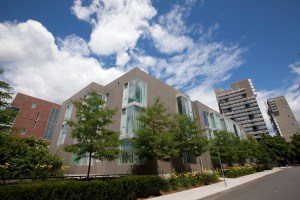
-
Health
Disinfecting your hands with ‘magic’
Harvard researchers have devised what they hope is a better way to disinfect hands, using tiny aerosolized nanodroplets of water and nontoxic disinfectants that not only leave hands sterile, but use so little water the hands stay dry.
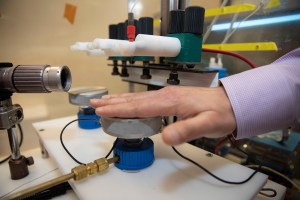
-
Work & Economy
Driving is more expensive than you think
Harvard study says Massachusetts car economy costs $64 billion, and more than half of that comes from public.
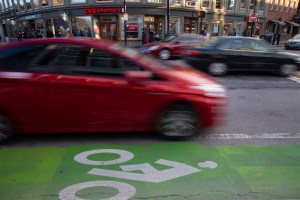
-
Campus & Community
When the trees become the teacher
The Arnold Arboretum became a hands-on classroom for high school students learning about climate change.
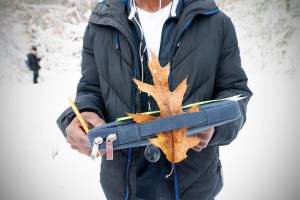
-
Nation & World
High court press
Harvard men’s basketball team got a behind-the-scenes look at the Supreme Court.
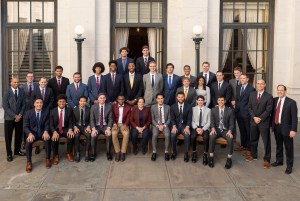
-
Arts & Culture
How voices shaped Gloria Steinem
New A.R.T. play, “Gloria: A Life,” explores Steinem’s past and feminism today through talking circles.
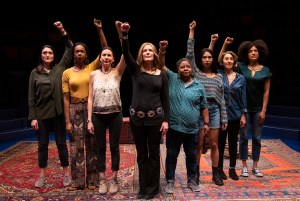
-
Science & Tech
Feel like kids, spouse, work giving you gray hair? They may be
Harvard scientists have found evidence to support long-standing anecdotes that stress turns hair gray.
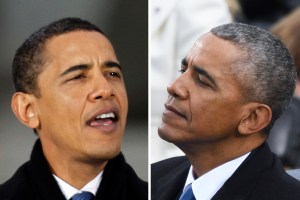
-
Arts & Culture
Sundance in the spotlight
When the Sundance Film Festival begins, Harvard’s artistic talent will be well represented by Shirley Chen ’22 and Lance Oppenheim ’19.
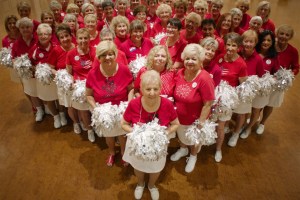
-
Science & Tech
Finding new land-management lessons in old ways
A new study overturns long-held beliefs about the role humans played in shaping the landscape pre- and post- European colonization.
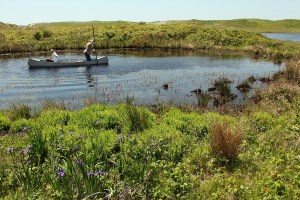
-
Arts & Culture
Hitchcock’s silent side
For the next month the Harvard Film Archive will showcase Alfred Hitchcock’s early works, a set of nine films on loan from the British Film Institute, which restored and rereleased the 35 millimeter prints in 2014.
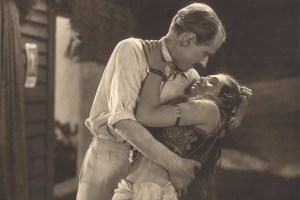
-
Nation & World
Run, Jenny, run!
A Harvard physics professor spends a sabbatical trying to break the world record for fastest trans-America run.
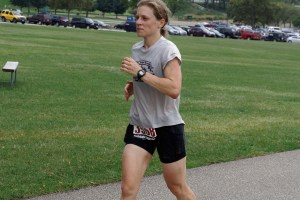
-
Nation & World
Creating an environment that fosters innovation
Following a visit to Harvard Law School, director of the White House Office of Science and Technology Policy Kelvin K. Droegemeier shared the goals of the Joint Committee on the Research Environment and the progress being made.
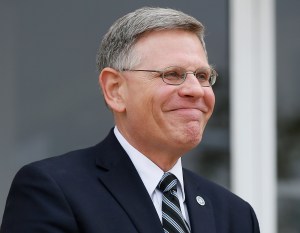
-
Health
Super cool way to lose fat
The lab that invented cryolipolisis or “Coolsculpting,” a popular nonsurgical method for reducing fat under the skin, is developing a promising new form of the technology that can selectively reduce fat almost anywhere in the body using an injectable ice solution or “slurry.”
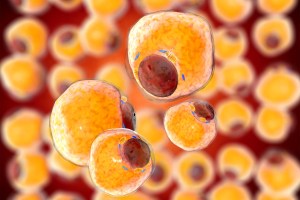
-
Nation & World
Two-parent homes aren’t the key for all
A postdoctoral scholar and incoming assistant professor, Christina Cross talks about rethinking the ideal family, the limits of demographic research, and policy alternatives for alleviating poverty in America.
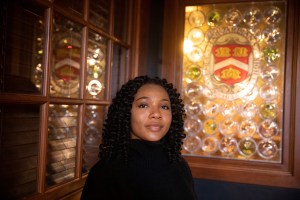
-
Health
A solid vaccine for liquid tumors
A new study presents an alternative treatment for acute myeloid leukemia (AML) that has the potential to eliminate AML cells completely.
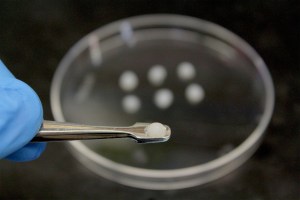
-
Nation & World
Should Medicare for All be Democrats’ top priority?
Health care experts discussed whether revolutionary change to a single-payer national health insurance plan or more incremental change from tweaking the ACA is preferable should Democrats pick up power in November.
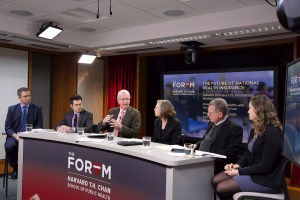
-
Campus & Community
Elizabeth Banks chosen as Hasty Pudding’s Woman of the Year
The Hasty Pudding Theatricals has named Elizabeth Banks as its 2020 Woman of the Year. She will be honored on Jan. 31
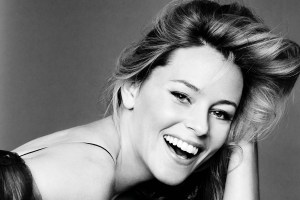
-
Science & Tech
The next decade in science
The Wyss Institute asked its faculty members to predict the biggest scientific advancements in their fields in the next 10 years.
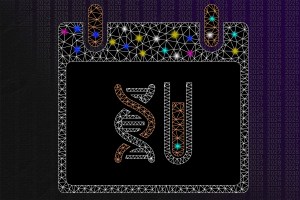
-
Science & Tech
Study looks to genome editing to treat deadly degenerative disorder
Harvard stem-cell research receives support from Sarepta Therapeutics for work on Duchenne muscular dystrophy.
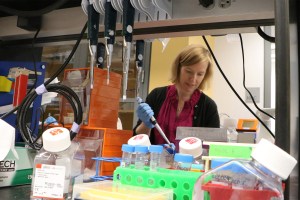
-
Health
5 healthy habits to live by
A Harvard study has found that people who practice healthy habits at age 50 lived more years free of chronic diseases compared to those who did not practice any of these habits.
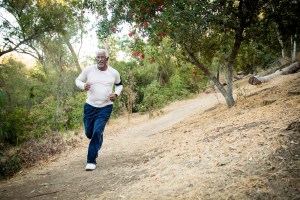
-
Health
DNA damage linked to plastic additive
New findings shed light as to how DEHP, a common chemical in plastic, may impact human reproductive health.
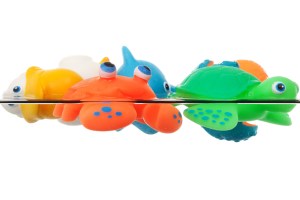
-
Campus & Community
Candidates for elected Harvard positions
The Harvard Alumni Association’s nominating committee has proposed candidates for the Board of Overseers and the elected directors of the association.
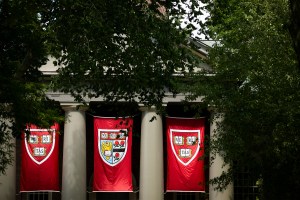
-
Campus & Community
Bacow urges high schoolers to pursue their educational dreams
Visiting high school students in Washington state, President Bacow shared lessons from his own journey through higher education.
